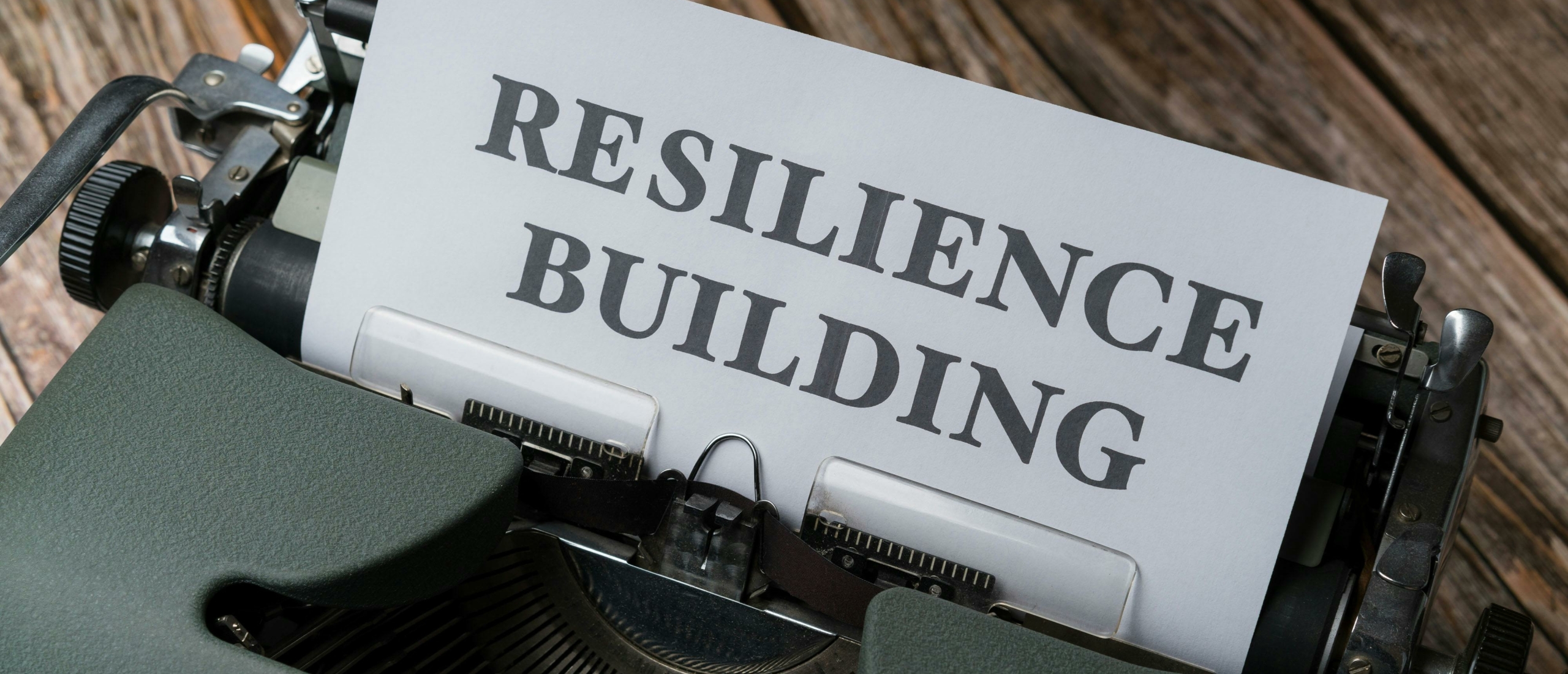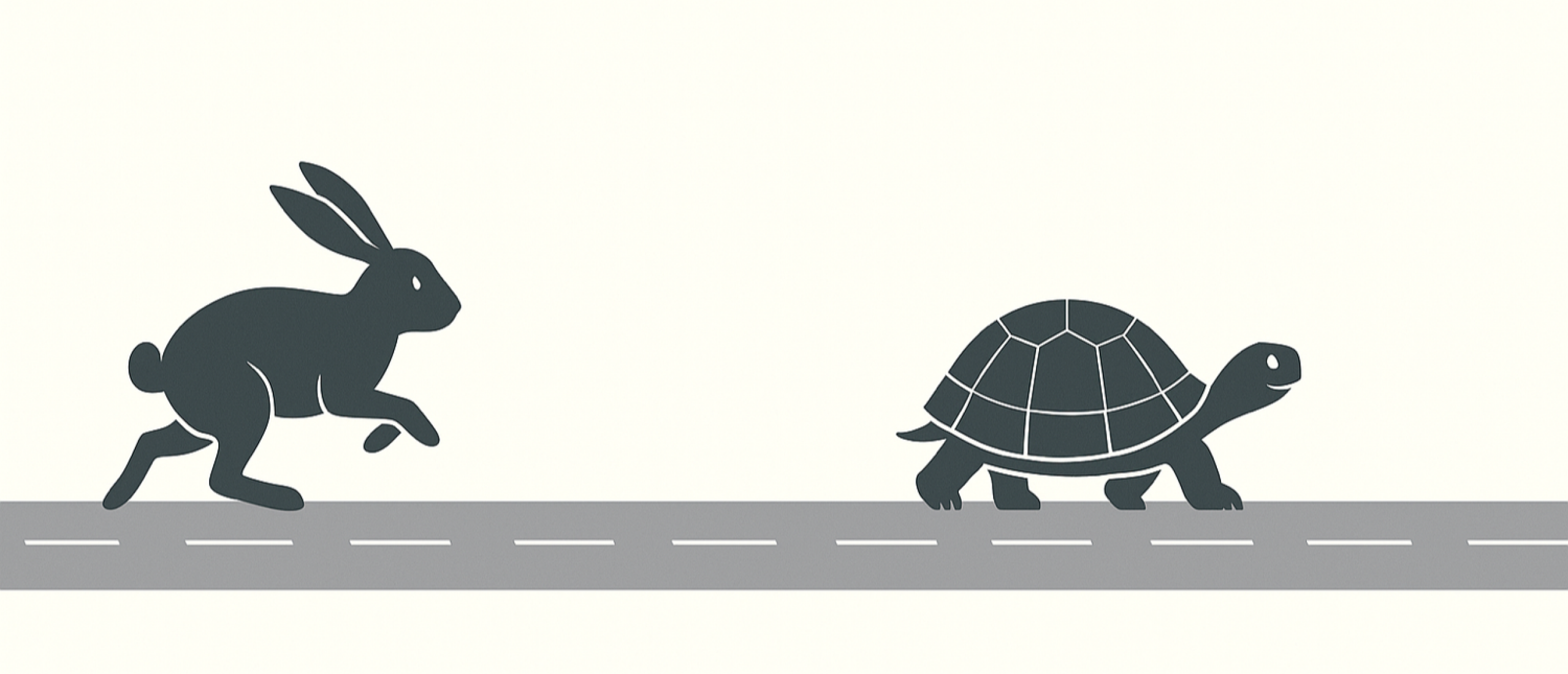
We’ve all been there: deciding to exercise more, eat better, or get more sleep — only to see our motivation fade after a few weeks.
When life gets busy, it’s easy to slip back into old routines.
But here’s the good news: once a healthy behavior becomes a habit, it no longer depends on constant willpower. It runs on automatic pilot — and that’s exactly what you need when you’re under stress.
In this article, we’ll explore the science of habit formation, why habits are essential for stress resilience, and how to build and maintain them in daily life. For a broader look at how everyday choices influence your ability to handle pressure, see: Lifestyle and Stress: How Your Habits Shape Your Resilience.
Why Habits Matter for Stress Resilience
When you’re stressed, your brain prioritizes survival. Mental energy is drained by problem-solving and decision-making.
This leaves less bandwidth for remembering to cook a healthy meal, go for a walk, or turn off screens before bed.
Healthy habits bypass this problem. They’re stored in the basal ganglia, the brain’s habit center, which allows behaviors to run with minimal conscious effort.
Once established, a habit like taking the stairs or packing fruit for lunch requires almost no mental energy — even during a high-pressure workday.
The Science of Habit Formation
You may have heard that “it takes 21 days to form a habit.”
That’s not necessarily true.
Research by Lally et al. (2010) shows that on average it takes 66 days for a new behavior to become automatic — and depending on complexity, it can take anywhere from 18 to 254 days.
Key factors that make habit formation faster:
- Consistency — performing the habit in the same context each time.
- Cues — linking the habit to an existing trigger (e.g., putting on running shoes right after morning coffee).
- Reward — immediate benefits like feeling calmer, or a sense of achievement.
Common Healthy Habits That Build Stress Resilience
You don’t have to overhaul your life overnight. Start with habits that strengthen your body and mind against stress.
1. Physical Activity
- Boosts mood-regulating neurotransmitters (serotonin, dopamine) and brain-derived neurotrophic factor (BDNF) — a protein especially increased by exercise that supports brain plasticity and resilience.
- Helps regulate cortisol, your main stress hormone.
- Doesn’t need to be intense — a 30-minute daily walk counts.
- Learn more about the many benefits of exercise on stress resilience in this article.
2. Consistent Sleep Routine
- Going to bed and waking up at the same time supports your circadian rhythm.
- Improves recovery from daily stress.
- Maintain the same routine during weekends, especially when the habit hasn’t been established yet, to help your body clock adapt faster.
- Learn more: Improving Quality of Sleep While Being Stressed.
3. Balanced Nutrition
- Eating regular, balanced meals stabilizes blood sugar, which supports steady energy and mood.
- Omega-3 fatty acids, fiber, and micronutrients all play roles in brain health.
- Learn more: How Stress Leads to Overeating and Obesity.
4. Relaxation & Recovery Rituals
- Short breathing exercises, mindful breaks, or time in nature lower sympathetic nervous system activity.
- Learn more: The Best Micro-Breaks to Reduce Stress During the Workday.
5. Social Connection
- Positive interactions trigger oxytocin release, which buffers stress responses.
How to Build and Maintain a Habit
These strategies combine practical insights from Dutch lifestyle experts with findings from international behavioral science.
- Start small — begin with a version of the habit so easy you can’t say no.
- Anchor to existing routines — e.g., meditate right after brushing your teeth.
- Make it easy — keep healthy snacks visible, or store your gym bag by the door.
- Change your environment — place cues where you’ll see them.
- Track progress — use a habit tracker or simple checklist for motivation.
- Connect to your identity — instead of “I’m trying to run,” say “I’m a runner.”
- Expect setbacks — missing a day isn’t failure; missing several days can be.
Breaking Old Patterns
To create space for new habits, examine your current “default” choices.
Do you always drive to the shop out of habit? Try walking once a week.
Do you automatically check email before bed? Replace it with reading a book for 10 minutes.
Psychologists call this externalizing — looking at your behavior from the outside, asking “Why do I do this?” and deciding if it matches who you want to be.
Frequently Asked Questions
Q: How long does it take to form a healthy habit?
A: Research shows it takes an average of 66 days for a habit to become automatic, though it can range from 18 to 254 days depending on the complexity of the behavior. The popular “21 days” figure is in general too optimistic unfortunately.
Q: What are examples of healthy habits that improve stress resilience?
A: Key examples include regular physical activity, a consistent sleep schedule, balanced nutrition, daily relaxation rituals, and staying socially connected. All of these help regulate stress hormones and improve mental recovery.
Q: Why are habits important for managing stress?
A: Under stress, decision-making energy is limited. Habits reduce mental effort by running on autopilot, ensuring you maintain healthy behaviors even during busy or difficult times.
Q: How can I make a new habit stick?
A: Start small, anchor the habit to an existing routine, reduce obstacles, use environmental cues, track progress, and connect the habit to your identity (“I’m a person who…”). Expect occasional setbacks — consistency over time is what matters.
Q: Should I keep my sleep routine on weekends?
A: Yes. Especially in the early stages of forming a sleep habit, keeping the same bedtime and wake-up time on weekends helps your body clock adapt and makes the routine easier to maintain.
Start building your stress-protective habits
Building healthy habits takes time — but once they’re established, they protect you when life gets tough.
They reduce decision fatigue, free up mental energy, and create a buffer against chronic stress.
Start today by picking just one small action you can repeat every day for the next week. Over time, these actions will stack into powerful, automatic routines that support both your health and your resilience.











